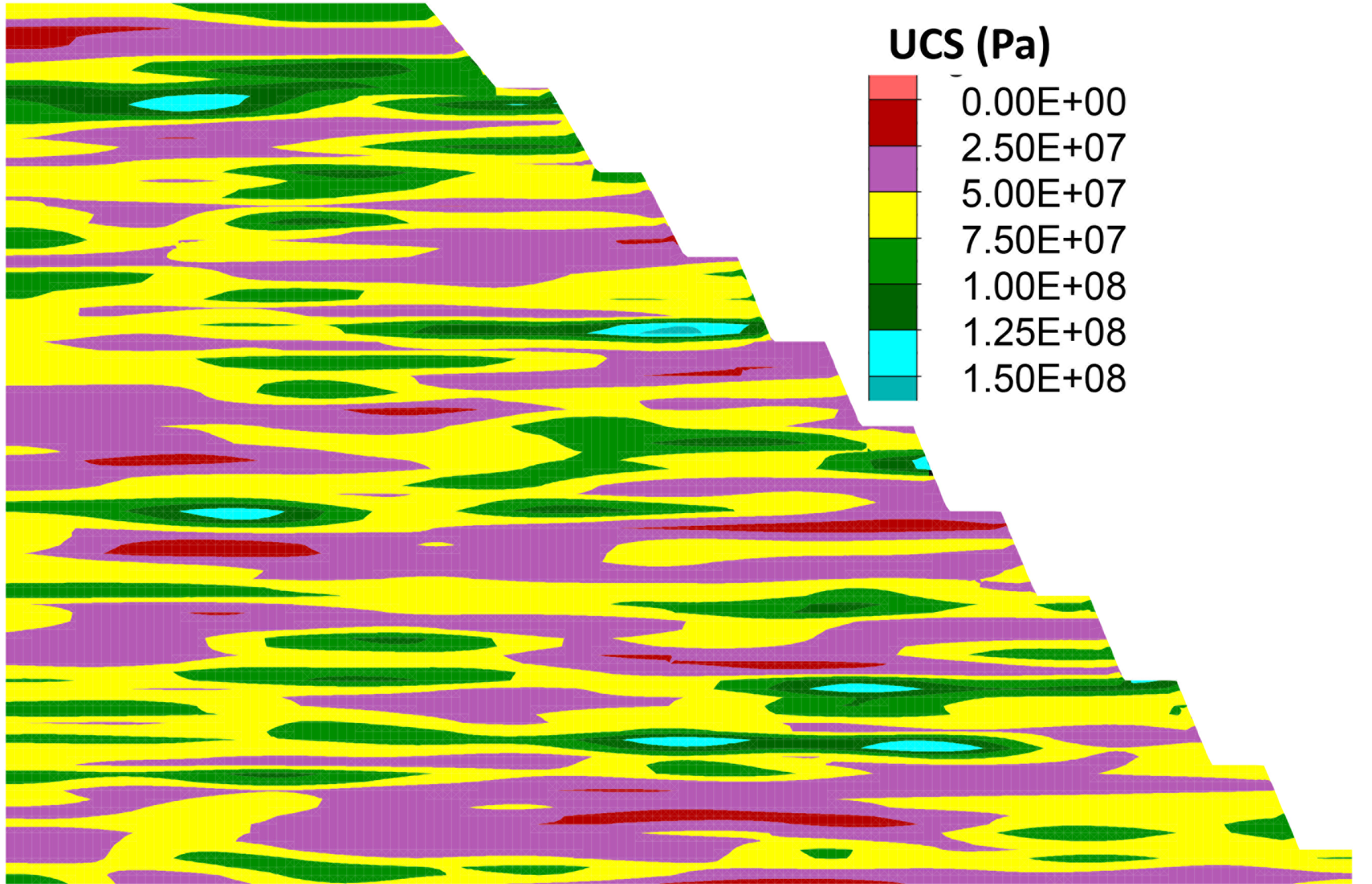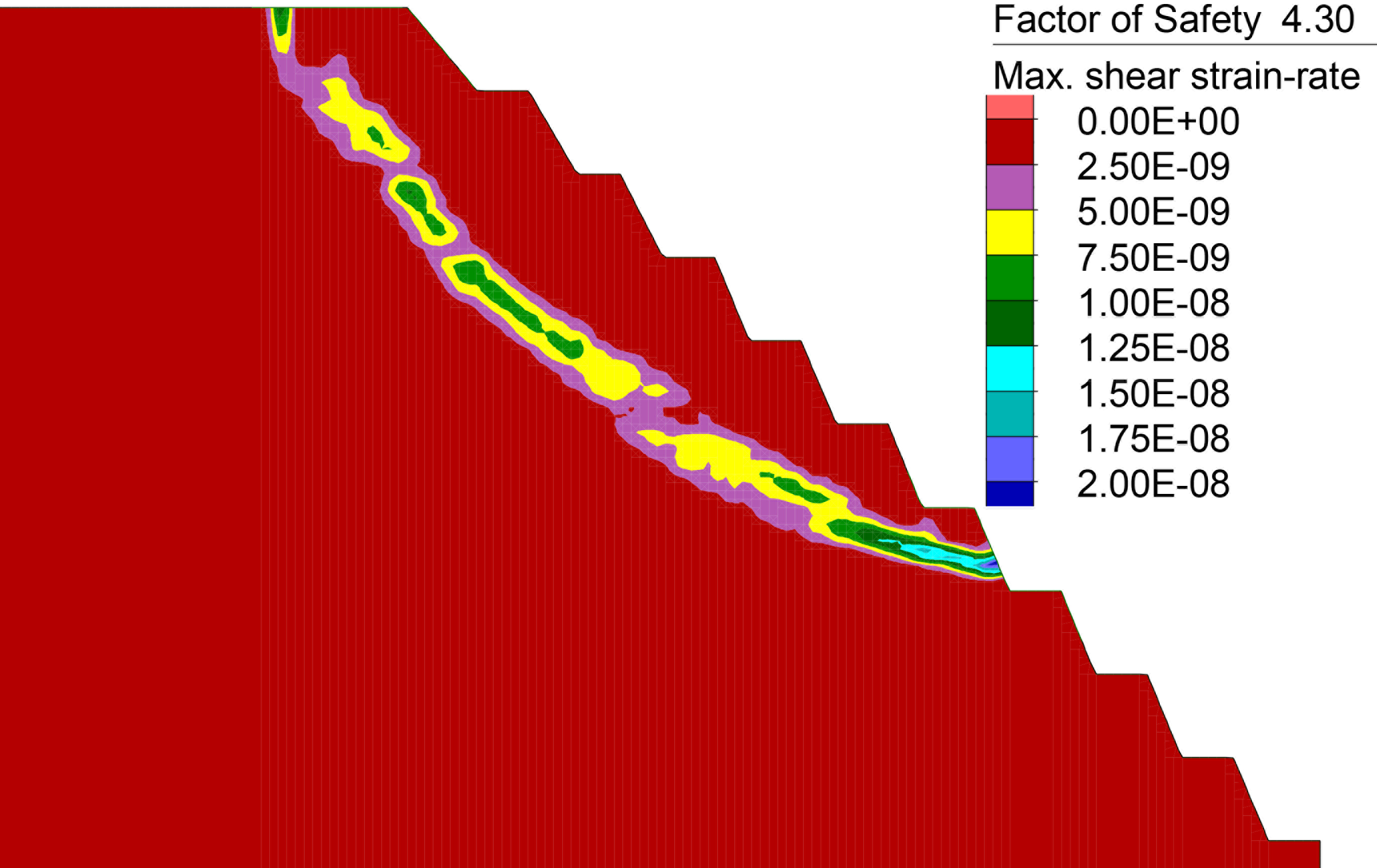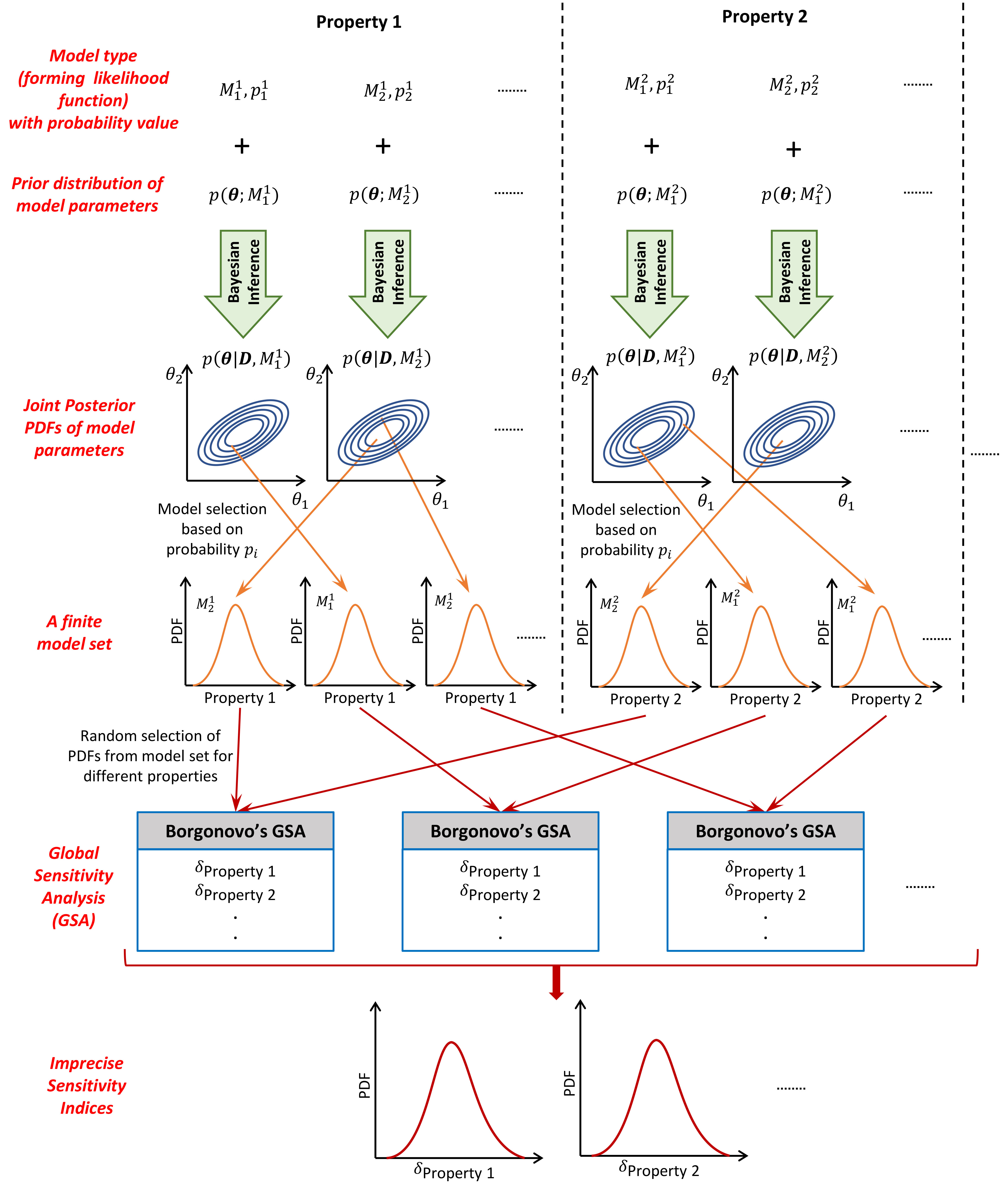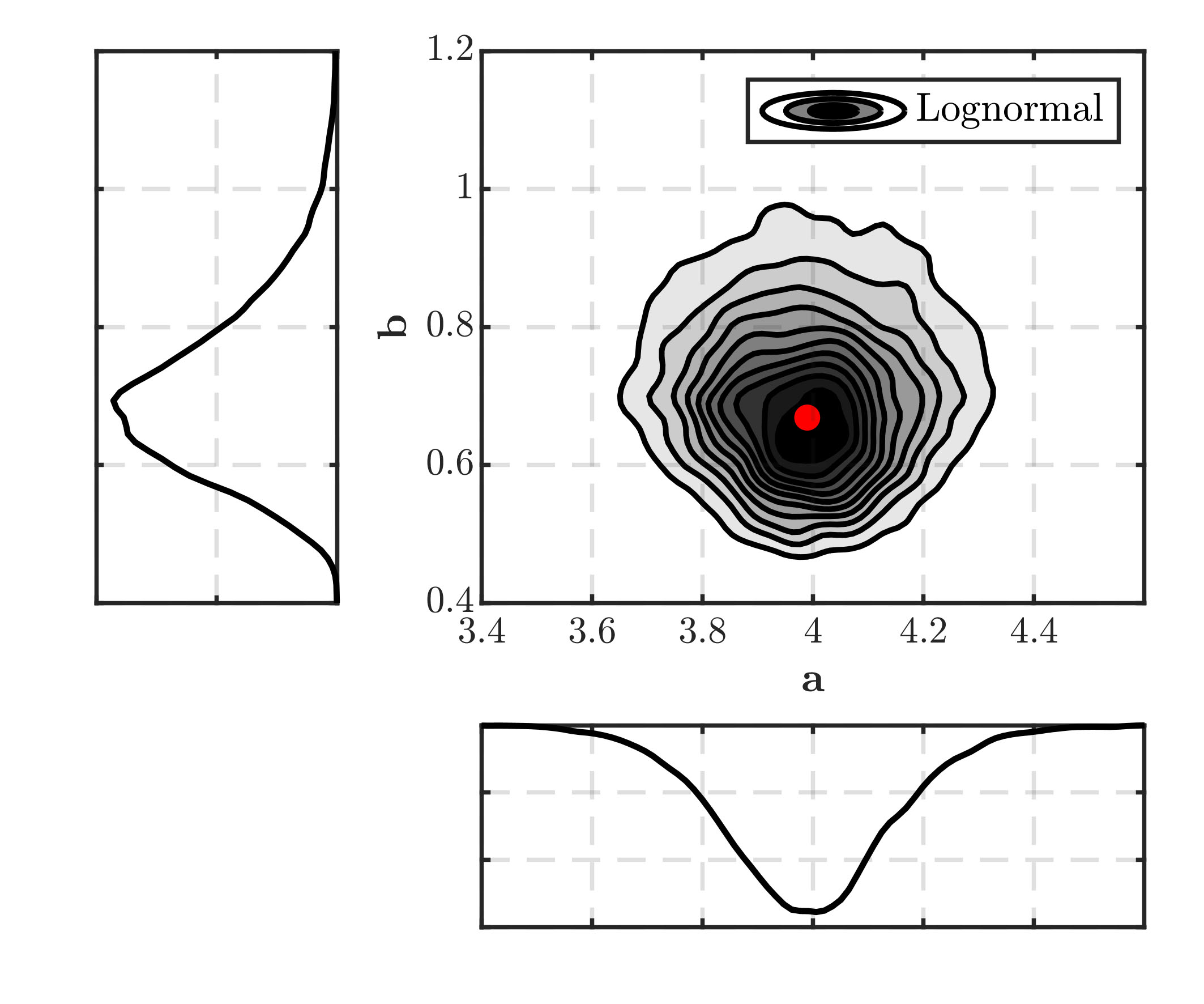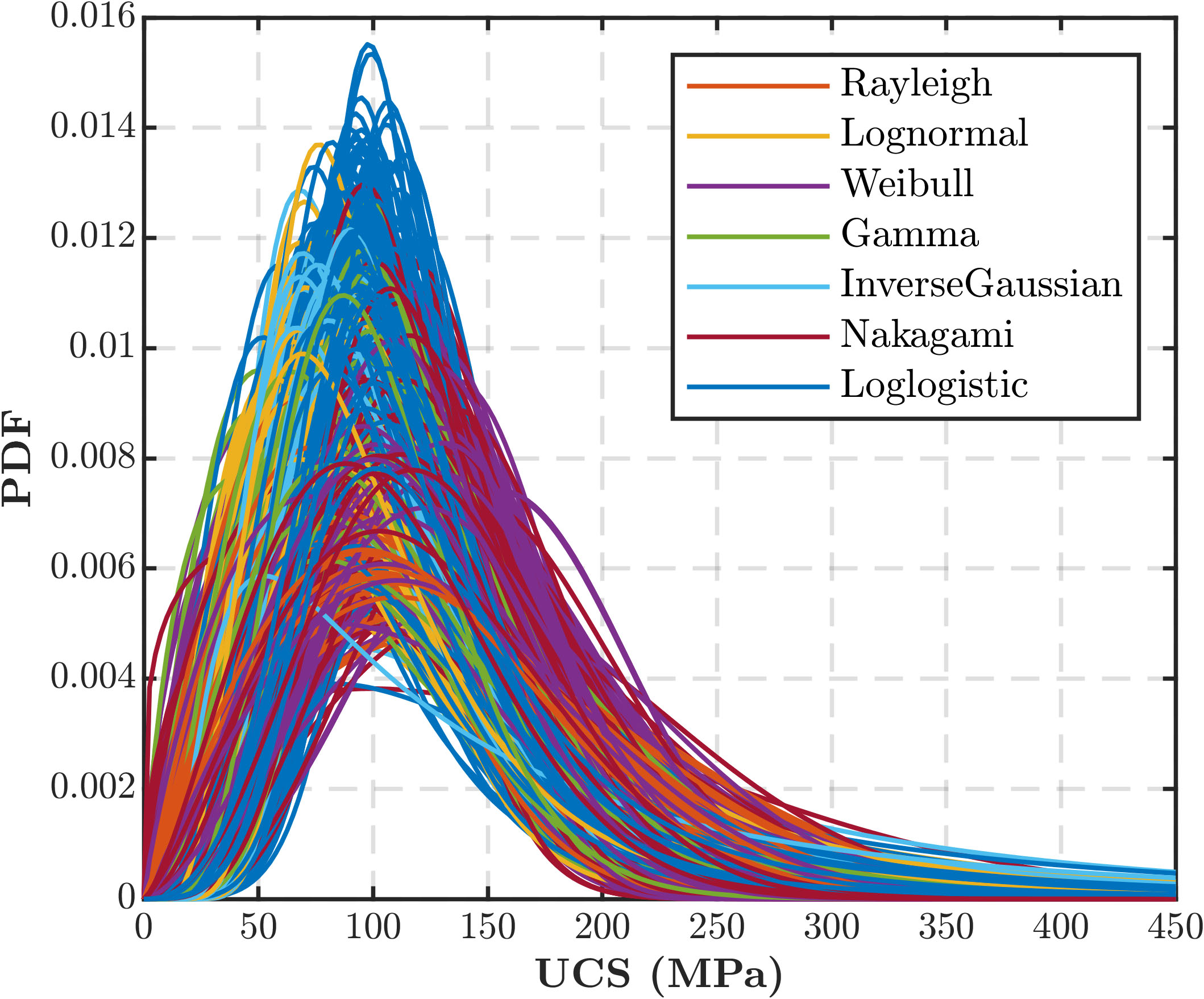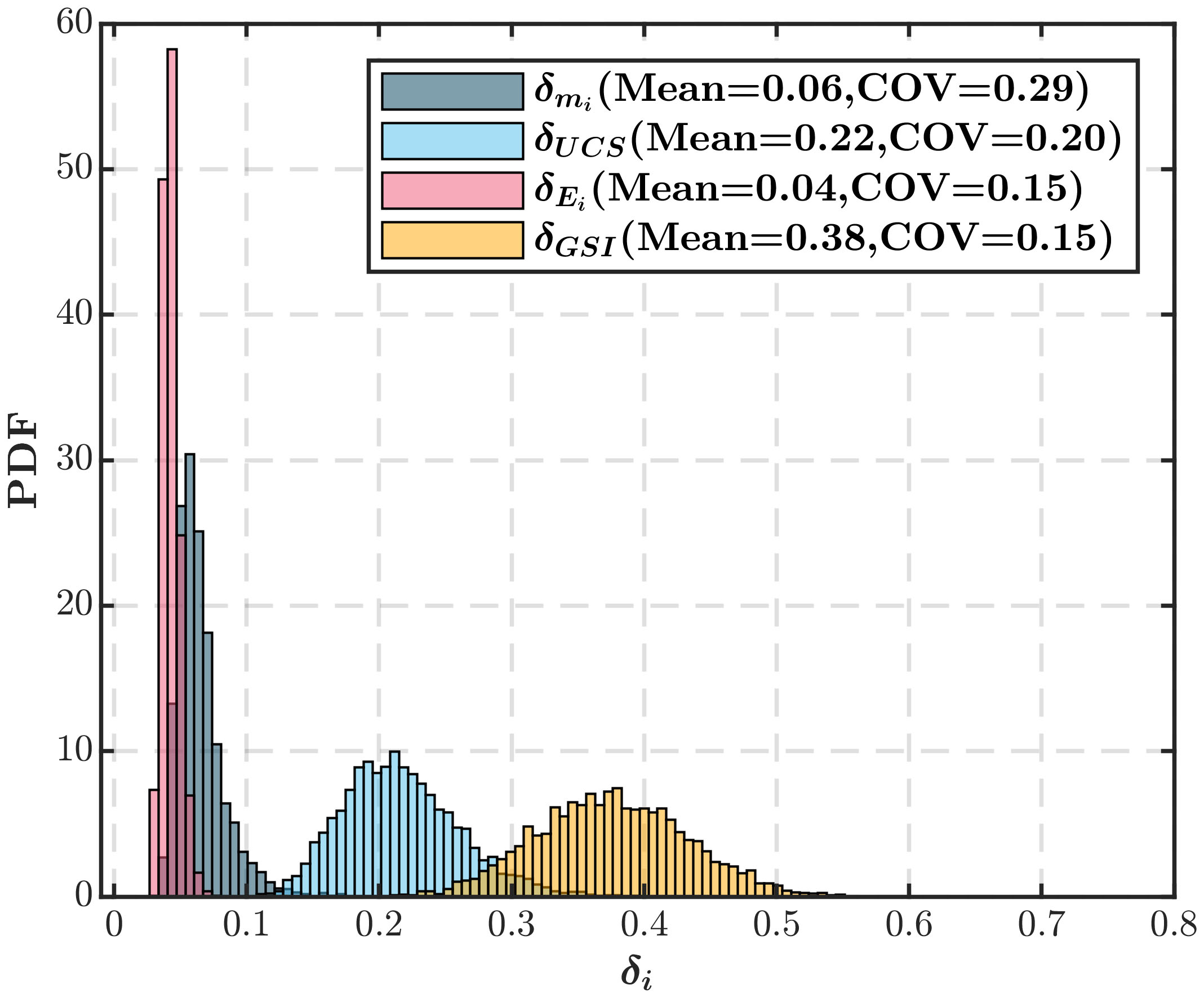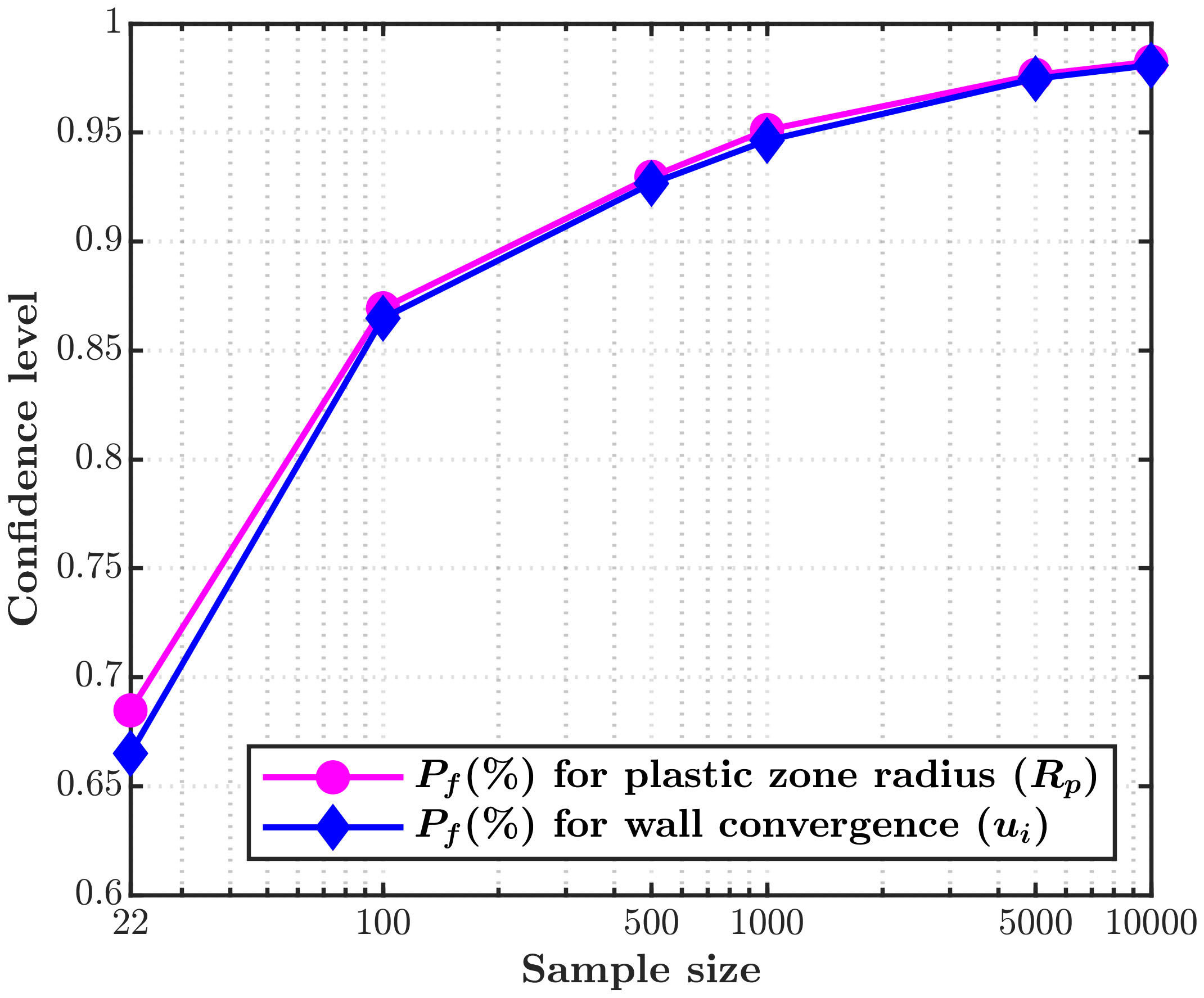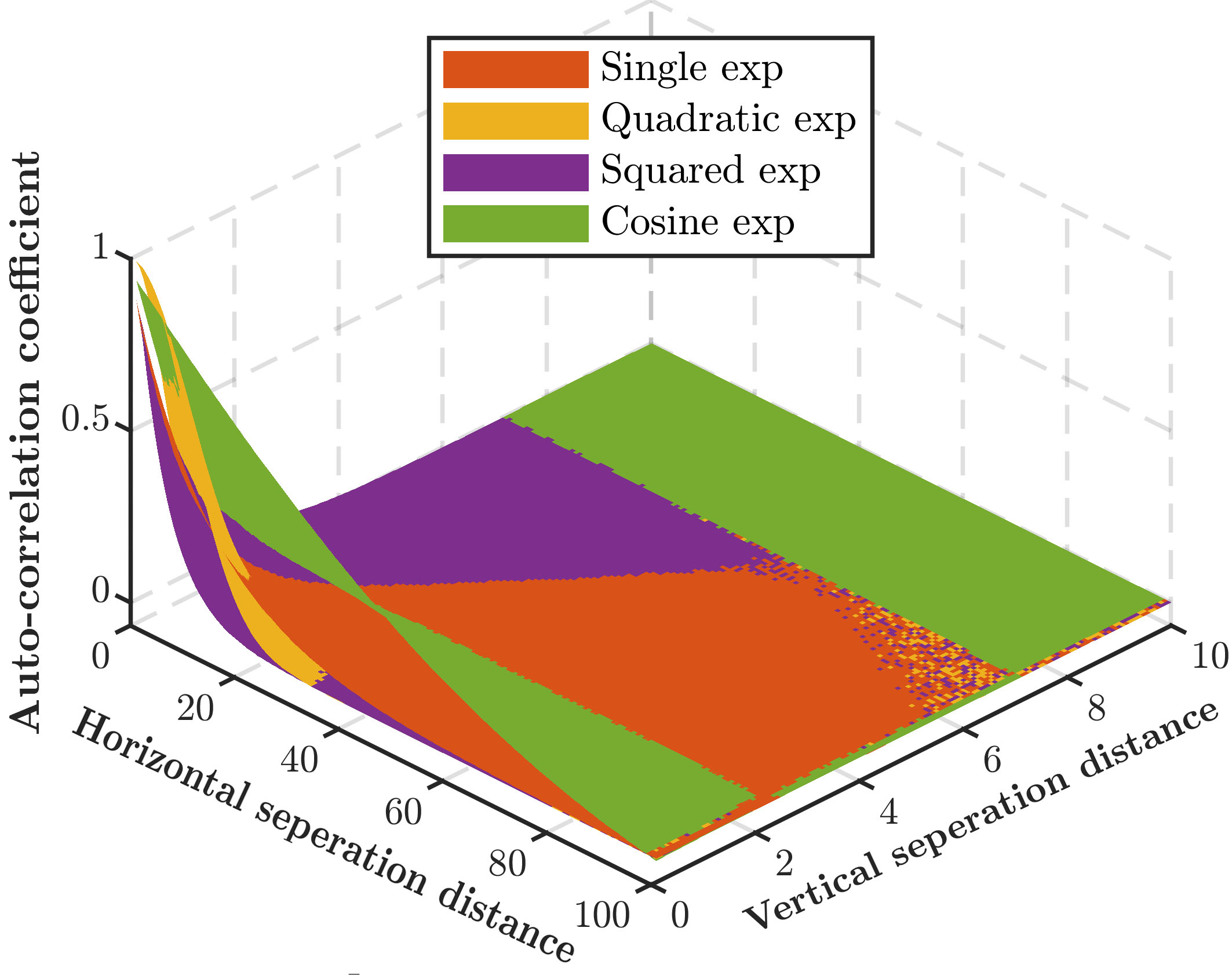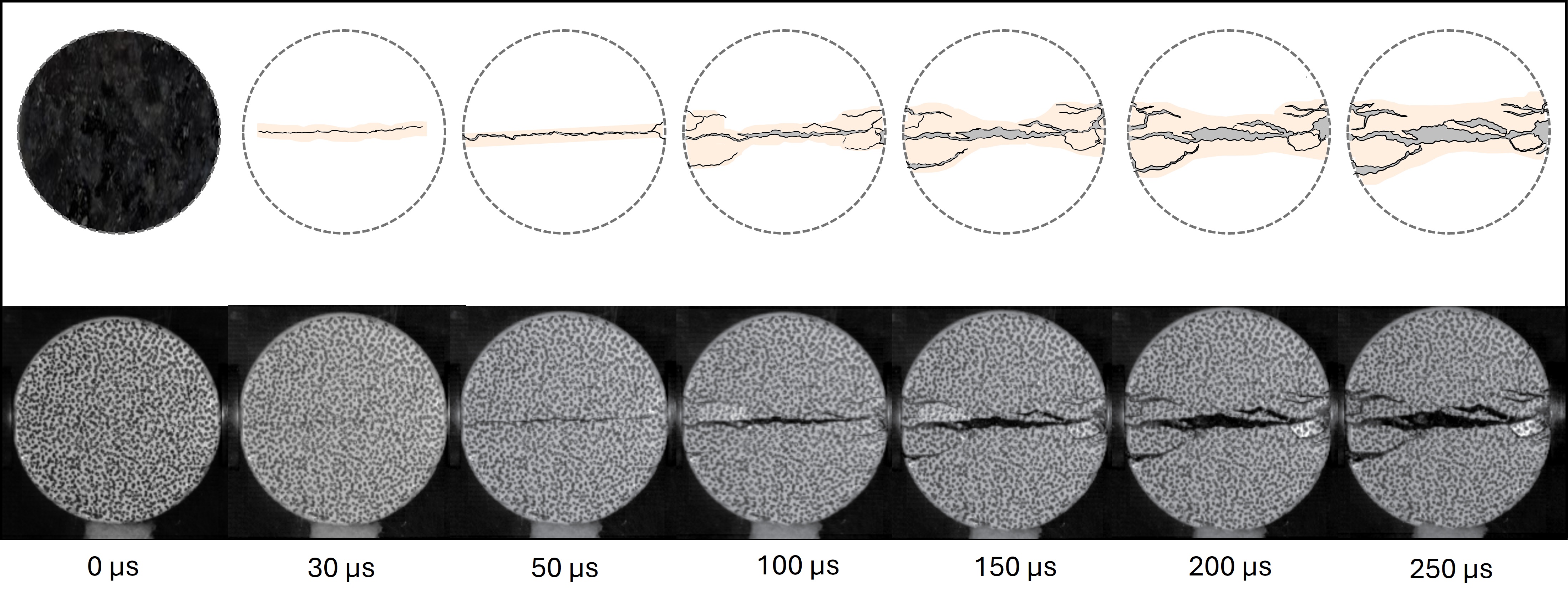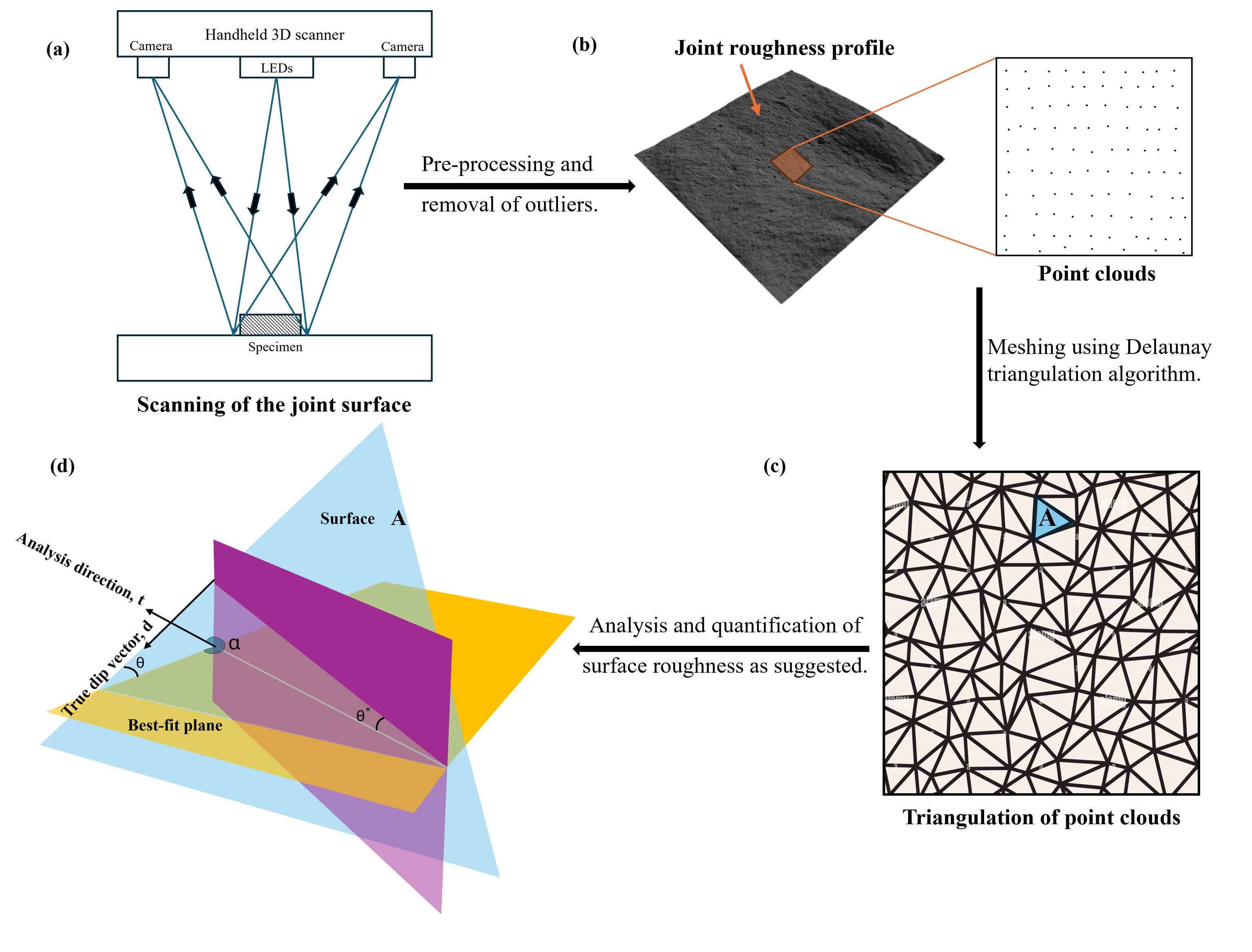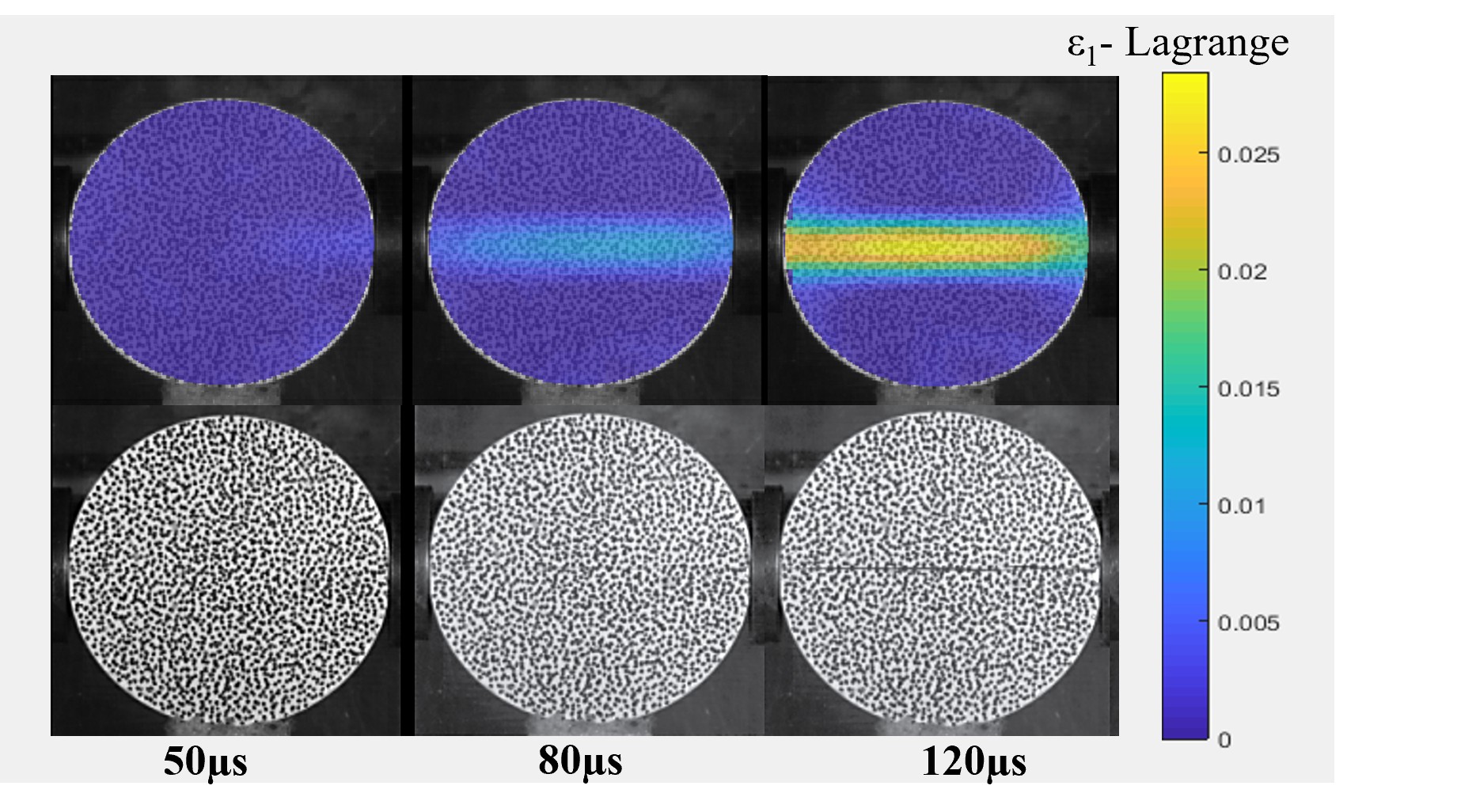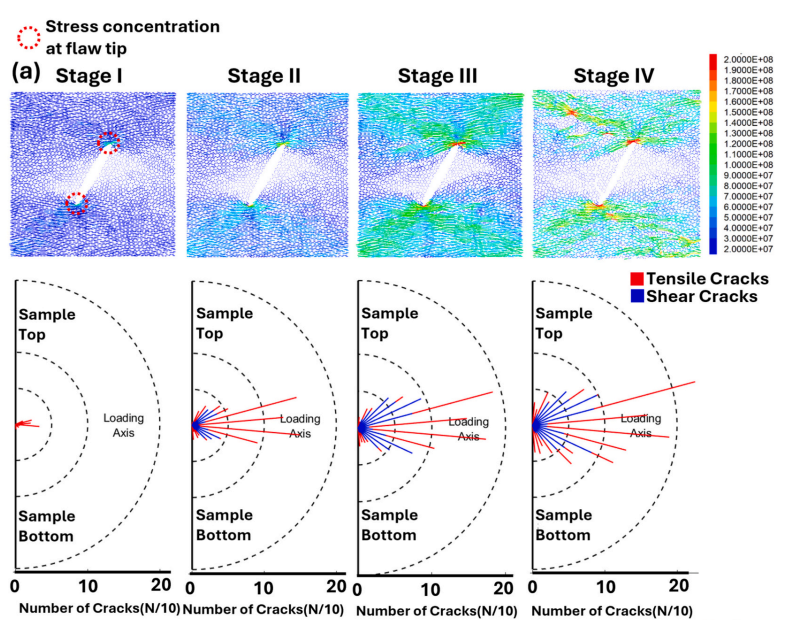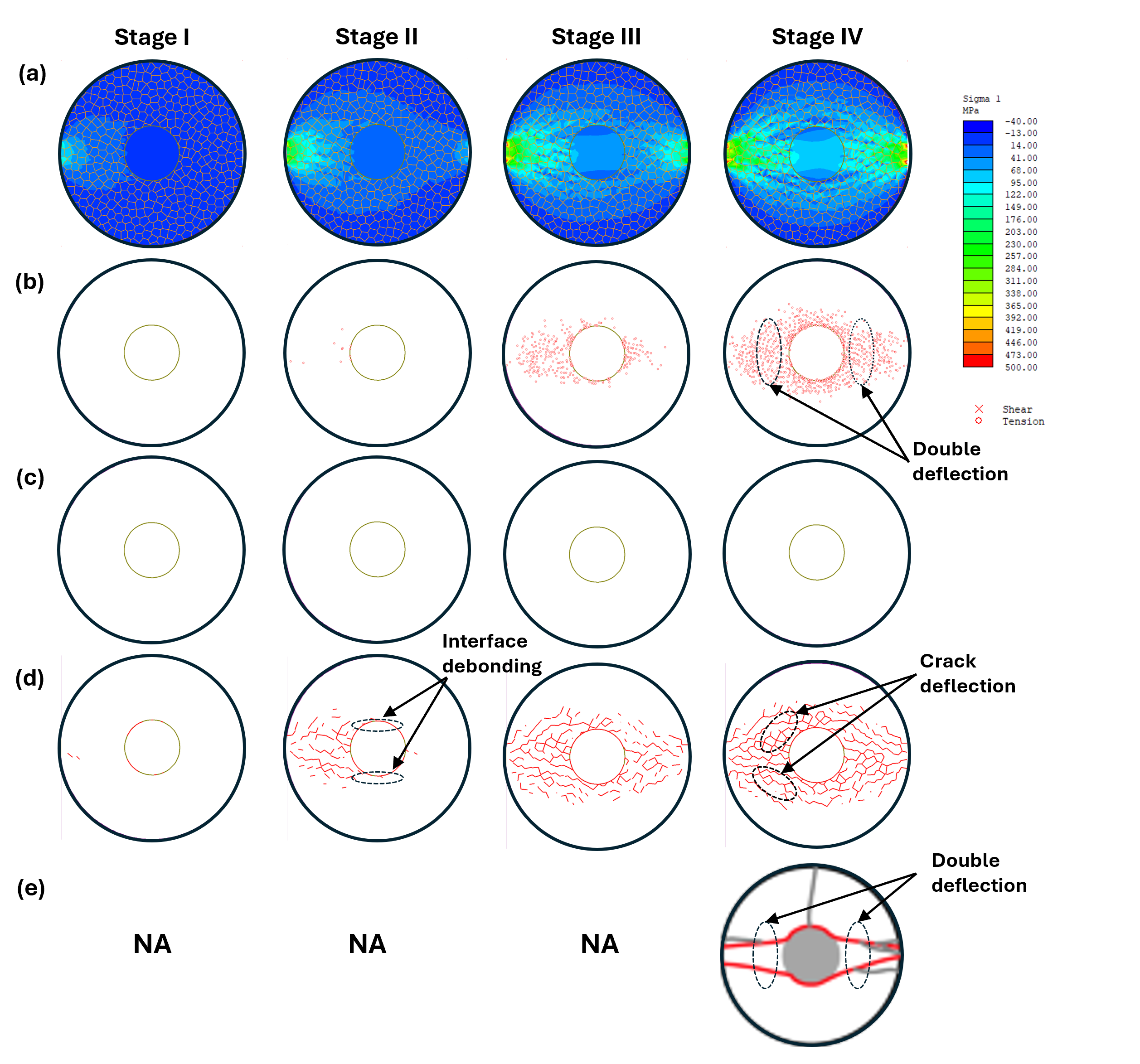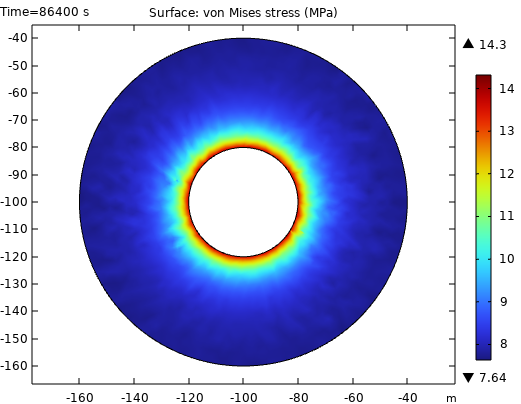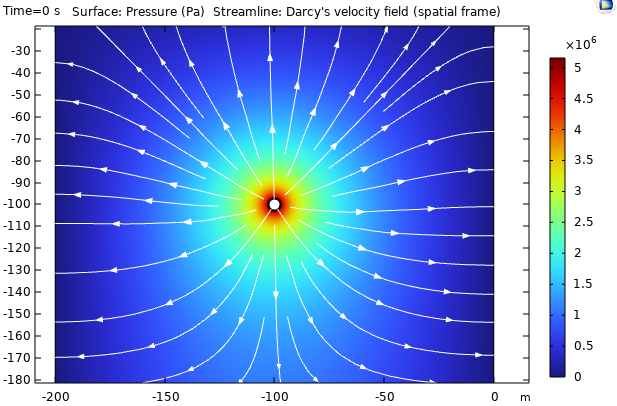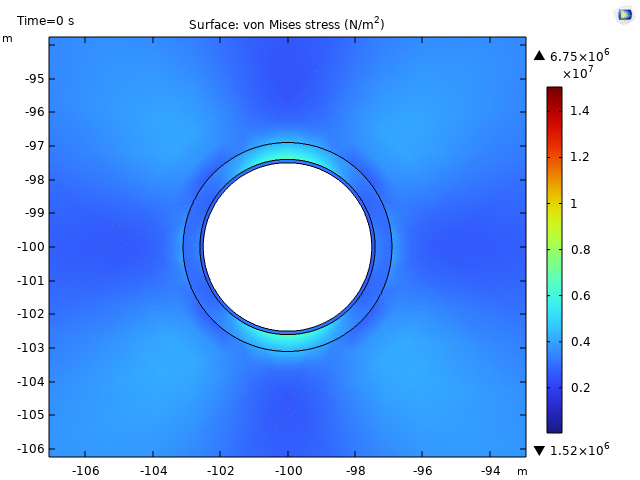Office
National Aerosol Facility, Room-803, IIT Kanpur, Kanpur 208016
Office Phone
(O): 0512-259-2060
Email: gauravt[AT]iitk.ac.in
Created by Sameer Lawankar
Current Research Interests and Ongoing Work
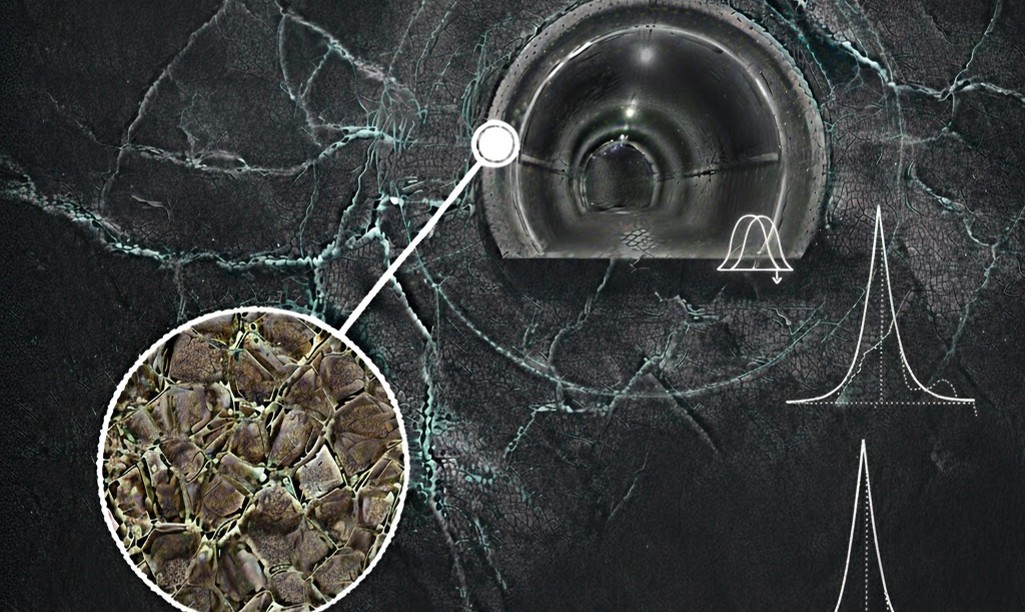
Uncertainty Analysis in Rock Engineering
Rock properties exhibit both aleatory variability and epistemic uncertainties of intrinsic and extrinsic nature. A single rock engineering problem may thus involve parameters with multiple types of uncertainty. Depending on their nature, some properties are modeled probabilistically, while others require non-probabilistic approaches such as fuzzy, interval, or convex models. To address this complexity, we develop hybrid reliability methodologies that integrate interval, random, and bounded field theories for unified uncertainty modeling and propagation in rock engineering systems such as excavations and slopes.
Another major research direction involves Bayesian techniques for characterizing rock properties using multi-model inference. We develop Bayesian methods capable of accounting for model and parameter uncertainties and propagate them through reliability and global sensitivity analyses (e.g., Sobol’s and Borgonovo’s indices). The framework is further extended to incorporate spatial variability of inputs, enhancing the robustness and realism of rock engineering assessments.
Assessment of Dynamic Response of Rocks
Rocks are often subjected to high loading rates in the field due to processes such as blasting and excavation. Understanding their behavior under dynamic conditions is therefore crucial. Our research focuses on investigating the mechanical response and progressive fracturing of intact, jointed and grouted rocks under such conditions using Split Hopkinson Pressure Bar (SHPB) testing coupled with high-speed imaging and Digital Image Correlation (DIC). We further employ numerical modeling to simulate these experiments and analyze the underlying grain-scale mechanisms.
Grain-Scale Modelling of Rocks
The macro-mechanical response of rocks is governed by the evolving micro-mechanisms that occur at the grain scale under various loading conditions. Understanding these evolving processes is essential for interpreting the mechanical behavior of rocks across different environments. Our research investigates these grain-scale mechanisms through numerical modeling approaches such as the Bonded Block Model (BBM) and Continuum Grain-Based Modeling (CGBM). In particular, we focus on dynamic loading conditions, incorporating the effects of mineral grain and contact variability using random, interval, and bounded field theories.
THMC-Coupled Modelling of Rocks
The mechanical response of underground caverns used for energy storage is governed by multiple interacting physical processes, making it essential to analyze their coupled behavior. Such caverns can be designed for the storage of hydrogen (H₂), carbon dioxide (CO₂), compressed air, and other gases. In this research, we investigate the coupled thermo-hydro-mechanical-chemical (THMC) processes that influence the stability and serviceability of storage caverns throughout their operational life cycle. We also address the critical issue of hydrogen embrittlement in cavern linings. Additionally, we develop probabilistic frameworks and global sensitivity analysis methods tailored to these energy storage applications.


